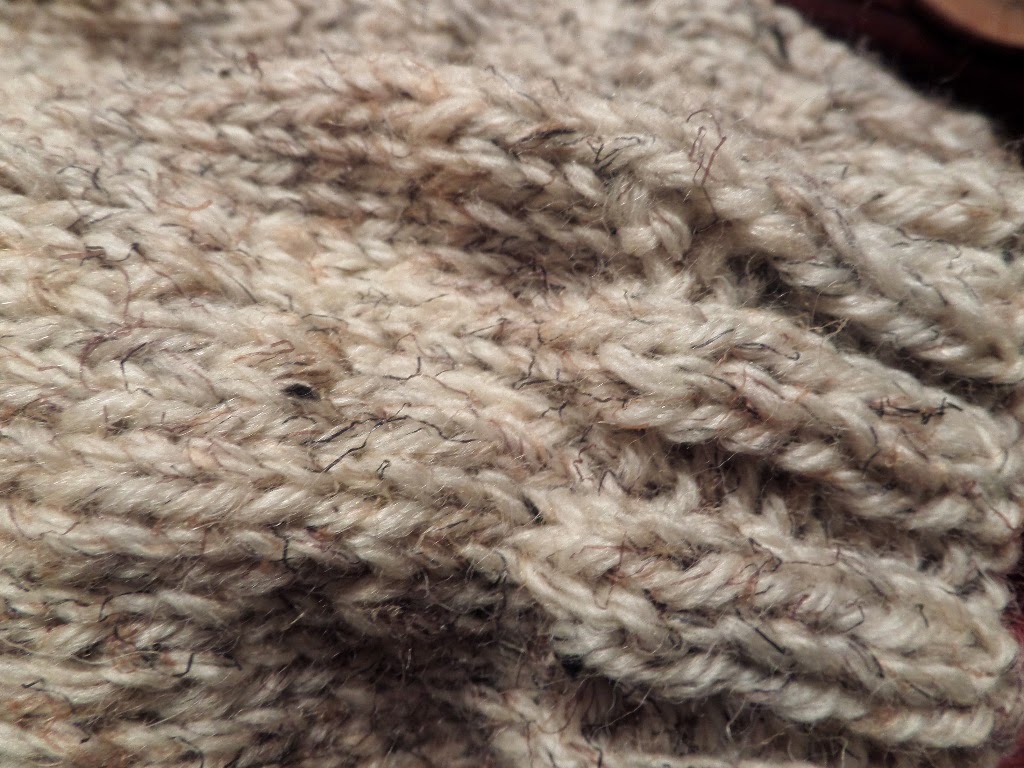 |
| Thank you, Lisa, for the beautiful bookmark. I use it every day. |
I was used to Anne's voice, so I had to accustom myself to Reeve's voice. And I thought I knew Anne. I'd read three of her books, two of which were journals. How could I not know her? But seeing a woman through the eyes of her child is a different perspective. Seeing the home, the father, the marriage from Reeve's perspective was illuminating.
Reeve loved her mother devotedly, desperately, and seemed both awed and scared to have the privilege of being the child to care for her at the end of her life. Reeve went through stages of care, of coping with her mother's approaching death, and she frankly evaluates herself as she responds to the shifting timeline of death. I think, as we all watch our parents age, and watch ourselves approach the precipice as well, it's wise to read how others have coped and reacted. After reading Reeve's open confessions of her weakness, ineptitude, and misunderstanding, along with her dedication, delight, and humor, I feel better prepared myself going forward.
Anne Lindbergh had the best possible care after her strokes a few years before. She had round-the-clock professionals, a whole staff. She stayed in her own little home with family visiting daily. She had professional hair styling and nail treatments each week. She had house calls from doctors and therapists. Still, it was a struggle for Reeve. How do people cope who have almost no resources, who have to enter poorly-run nursing homes, or live with family members who neglect or abuse them? This book helps me think soberly and honestly about these things. It's scary.
Some aspects of Anne's old journals are given new eyes in this book, which Reeve also calls a journal -- "A Journal of my Mother." Most people would consider Charles Lindbergh the more famous of the pair, but the child who speaks for the family, the writer, chose to write of her mother. Here are a few telling passages:
"She rarely answers, in fact she rarely speaks, and she does not write at all. This astonishes me. Words were central to her life for as long as I have known her, and yet she appears perfectly comfortable without them. She does not miss them. I, on the other hand, am at a loss. I am bewildered, confused, absolutely at sea, in my mother's silence." (14)
This gives a little taste of how Reeve continuously ponders both her mother and herself, contrasting, comparing. Always tender, often puzzled.
Caring for an elderly patient is a very physical activity, especially when she cannot care for herself in even the simplest ways.
"I like to watch Janet [a caregiver] working with my mother, who is now so completely, so uncharacteristically, willing to be touched .... My mother, who once so resisted physical tenderness that I wondered during childhood if it was an imposition to kiss her good night, now submits to care and coddling as never before. Her previous body-shyness has melted away ...." (80)
This, of course, is an aspect of Anne's personality and life that she never mentioned, but that her children were intensely aware of. Can you imagine being the child of a mother who you weren't sure if you should ask to kiss goodnight? How did that impact the home? Why was she that way?
Perhaps the most interesting and telling passage:
"My mother's resistance to circumstances beyond her control has always been subtle .... My father used to say, 'Your mother devastates with silence.' ... I can recall what an effective weapon her silence was against his sudden tirades of opinion and mood. I remember well those times when he moved through the house like a strong wind, shattering everybody else's peace and concentration. It wasn't necessarily a matter of his being in bad humor, it was just that he was so much bigger, so much more energetic, and so much more active than anyone else we knew. When he was walking and talking and moving around, our father sucked up all the space in his vicinity like some kind of whirlwind, sometimes benign, sometimes ill-boding. If he was indeed angry over something his children had done or, more likely had neglected to do, the atmosphere was then twice as electric and doubly powerful, the house itself shaking with what my sister used to call "Ambulatory Wrath of God." If we could do it, we children would scatter out ... but our mother would remain silent, resting in her own silence, and sooner or later, our father would laugh ruefully, as if to acknowledge that she'd won .... He recognized that his wife ... was by far the stronger of the two." (154/155)
In her own journals, Anne's description of when Charles would come into the house was quite the opposite; she described him as bringing LIFE back into the house, as if the house and the family and she were all rather dead, or at least comatose, until he blew in, and everything leapt to life again. But clearly the children didn't feel that way, or at least the youngest one didn't.
Anne Lindbergh died early in 2001 after a long and productive life. I felt Reeve's goal in part was to continue to give nobility and worth to that life, even when the words were gone for which Anne was so respected.


































